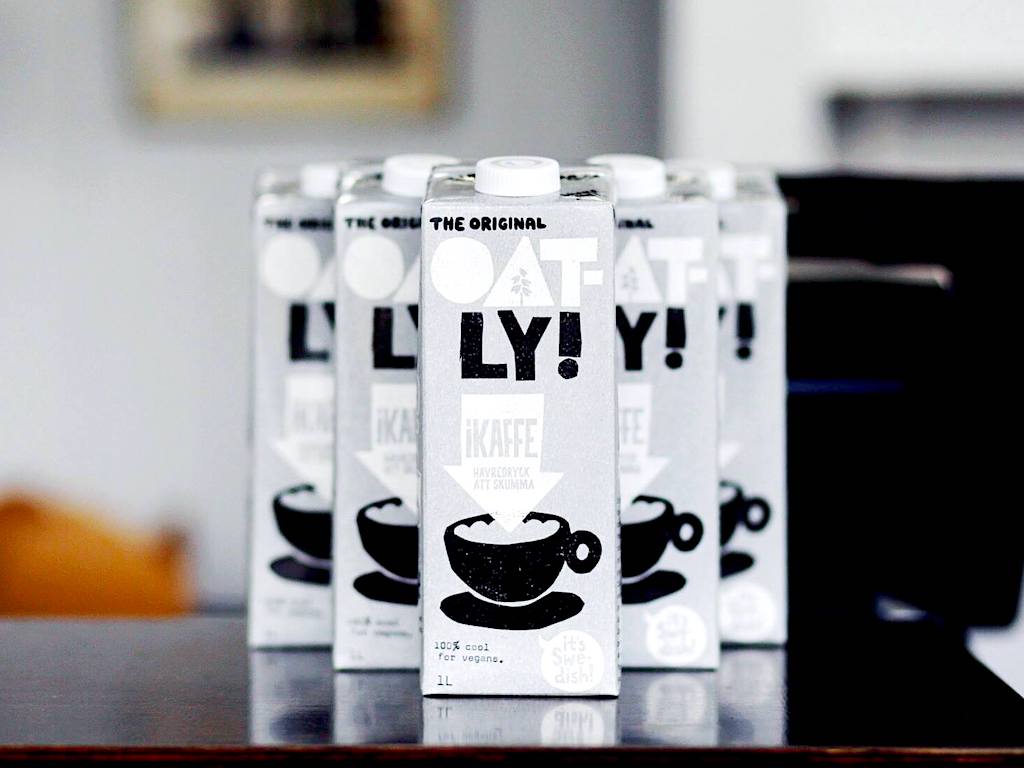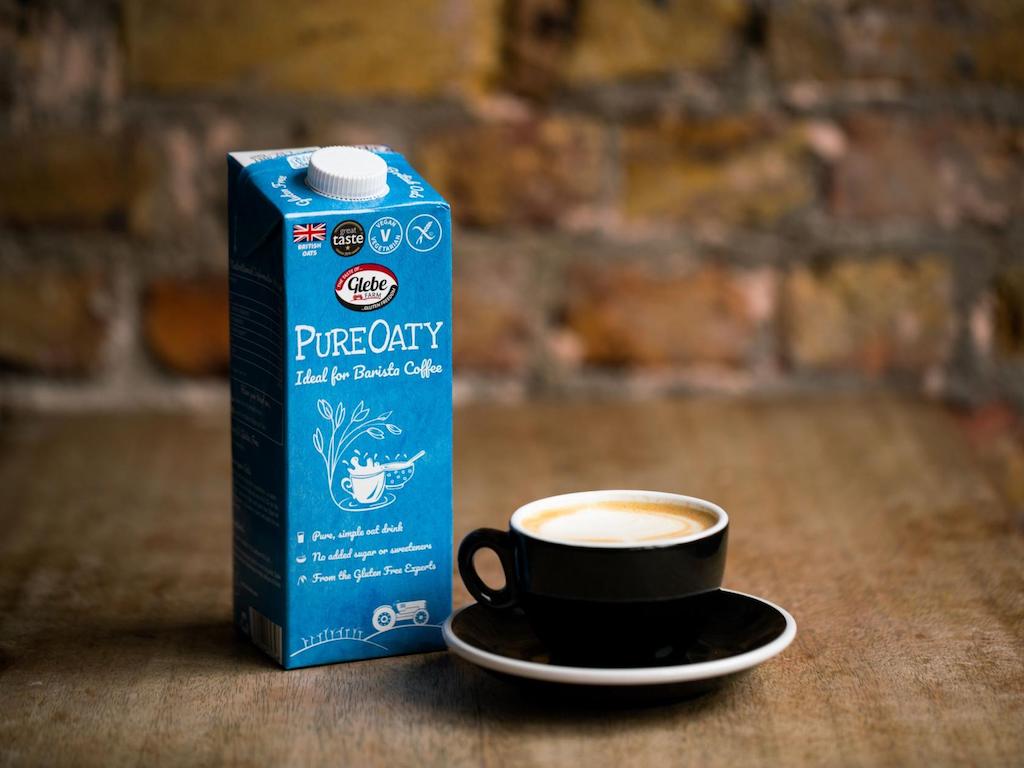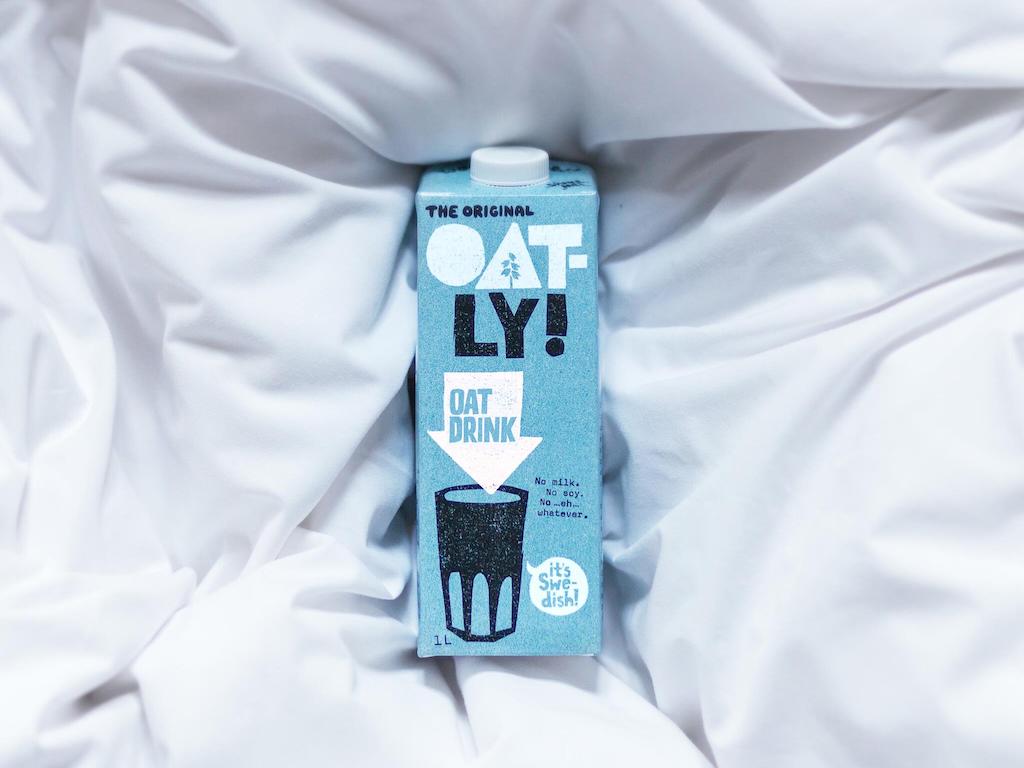3 Mins Read
Oatly has announced it is scaling up its global production facilities. Three new plants have been announced, with 2023 operational targets. Combined, they are intended to produce 450 million litres of plant milk.
Oatly opened three manufacturing facilities this year in Ma’anshan, China, Singapore, and Utah. Despite this, it was at the mercy of contracted co-packers. Global demand soared for oat milk and the company could not stockpile a big enough inventory at its own plants. With predictions of inflation and rising ingredient costs looming, Oatly is looking to bring the majority of production back in-house with new plants announced for the U.S., U.K., and China.

Rocking the boat
Earlier this year Oatly shares plummeted as a result of lost sales, order delays, and undisclosed quality issues at its Landskrona, Sweden, facility. Compared to its stock market debut, shares were down by 60 percent. Now, the company faces more tough times ahead.
Inflation is expected to rocket in 2022, creating a price hike in key ingredients such as oats and rapeseed oil. A sub-par harvest in Canada has been identified by Oatly FCO Christian Hanke as an extra cause of a predicted 35 percent increase in oat costs alone. This has made the push to bring self-manufacture back into play even more urgent. “We expect the geographical localisation of our production capacity, including bringing more of the production in-house, to provide some offset to inflationary pressures,” Hanke said.
Oatly aims to bring 50-60 percent of manufacturing back under its own control in 2022. For context, it retained just 21 percent in the first three quarters of 2021. Co-packing accounted for 47 percent of total output, a figure that the company wants to reduce to 20 percent, maximum. Hybrid manufacturing is being floated as a solution to co-packer reliance.
The company has hit numerous stumbling blocks over the last year. Supply chain inconsistencies and tech issues have plagued Oatly with delays. The latest challenge is the potential loss of product as a result of a quality issue in Landskrona. Supply issues were also linked to a scaling back of distribution throughout Africa, Europe, and the Middle East.
“As we grow, we believe owning and controlling our global operating footprint is paramount to addressing the significant consumer demand for Oatly products,” said Peter Bergh, COO of Oatly.

The big alt milk uprising
Glebe Farm gained notoriety after successfully winning a trademark lawsuit launched by Oatly. A small company from the U.K., it garnered a legion of new fans for its oat products, which have been shown to have a lower carbon footprint than its competitor.
Other leading dairy-free brands including Califia and Pacific offer oat milk, too as oat products are in high demand. Outside of the oat arena, new dairy-free milk options are coming to market—from pecan to potato milk.
Lead image courtesy of Oatly.




